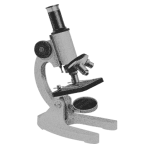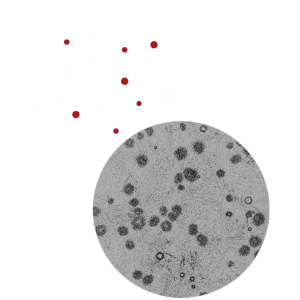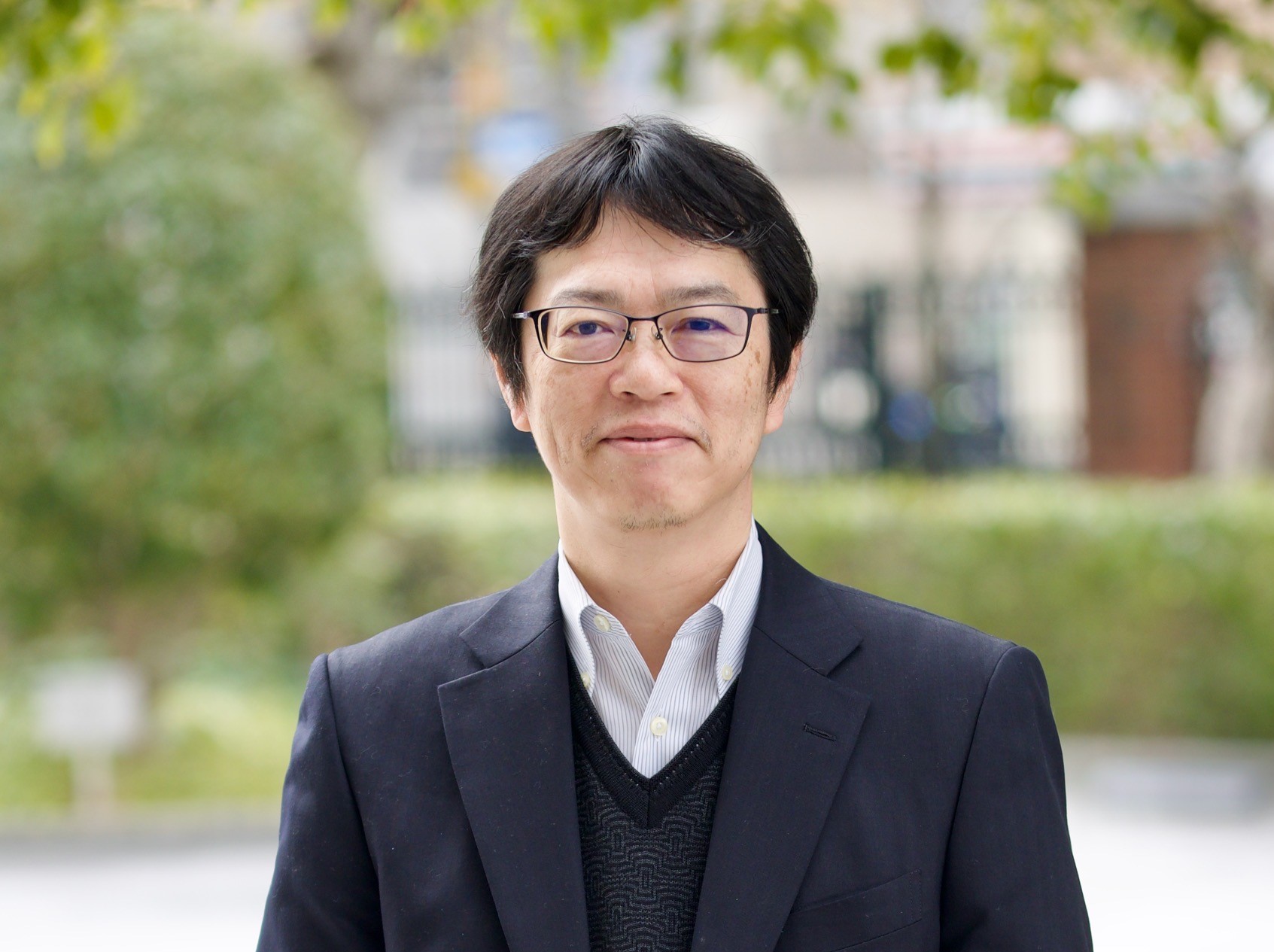RARA Fellow
Elucidating the diversity and functions of microbial “metabolisms”



Elucidating the diversity and functions of microbial “metabolisms”
SCROLL
FELLOW PROFILE
Graduated from the Faculty of Agriculture at Kyoto Prefectural University in 1993, completed a master’s program at the Graduate School of Agriculture at Kyoto University in 1995, and completed the doctoral program (without degree) at the same institution in 1999.
Received a Doctorate in Agriculture in 1999. Joined Kyoto University’s Institute for Chemical Research as a part-time Researcher in 1999, followed by appointments as Assistant in 2000 and Assistant Professor in 2007. Moved to Ritsumeikan University’s College of Life Sciences in 2009 as Associate Professor, and appointed to Professor in 2014 (current position).
Currently serving as Director of the Japan Society for Biomedical Research on Trace Elements and the Japan Trace Nutrients Research Society, and as editor for two international academic journals.
Exploring microbial metabolic functions as the key to predicting the future of the global environment and addressing climate change
I hope to work on research in the following three areas over the next few years:
1. Analysis of dimethyl sulfide-generating bacteria, which contribute to global cooling
2. Construction and application of genetic modification systems for methane-generating bacteria, which contribute to biogas production
3. Discovery of novel microbes and quantitative genetic variation analysis of the effect of climate change on microbial metabolisms Advancements
in these research areas could enable the regulation of gas emissions or absorption produced by microbes through the control of microbial metabolisms.
Partnerships:
The other RARA fellows and associate fellows come from a variety of specializations. By collaborating with researchers in fields such as structural biology, climate change, extreme weather, planetary science, solar batteries, chemical conversion, battery devices, anthropology, brain nutrition, or environmental conservation, we could develop fascinating research. For instance, generating synergy between our diverse fields through the study of microbes could yield innovative outcomes.
Research collaborations:
Given that most microbes remain unexplored, there are likely to be many fascinating developments across various fields. Therefore, it is crucial to collaborate with researchers from diverse disciplines. It is important to enjoy working together and to explore freely developed ideas beyond existing frameworks.



Latest Research Activity Report
-

Newsletter / Research Activity Report / Satoshi Konishi / Eiji Yamasue / Hisaaki Mihara / Takashi Minemoto / Shima Okada / Satoshi Soda
RARA Newsletter vol. 11 Report on “RARA Commons.” Comprehensive Discussion of Various Collaborations and Researcher Careers
2024 / 12 / 25
VIEW DETAIL
-

Research Activity Report / Hisaaki Mihara
The research results of Professor Hisaaki Mihara and his colleagues have been published in Journal of Cluster Science
2024 / 03 / 22
VIEW DETAIL

